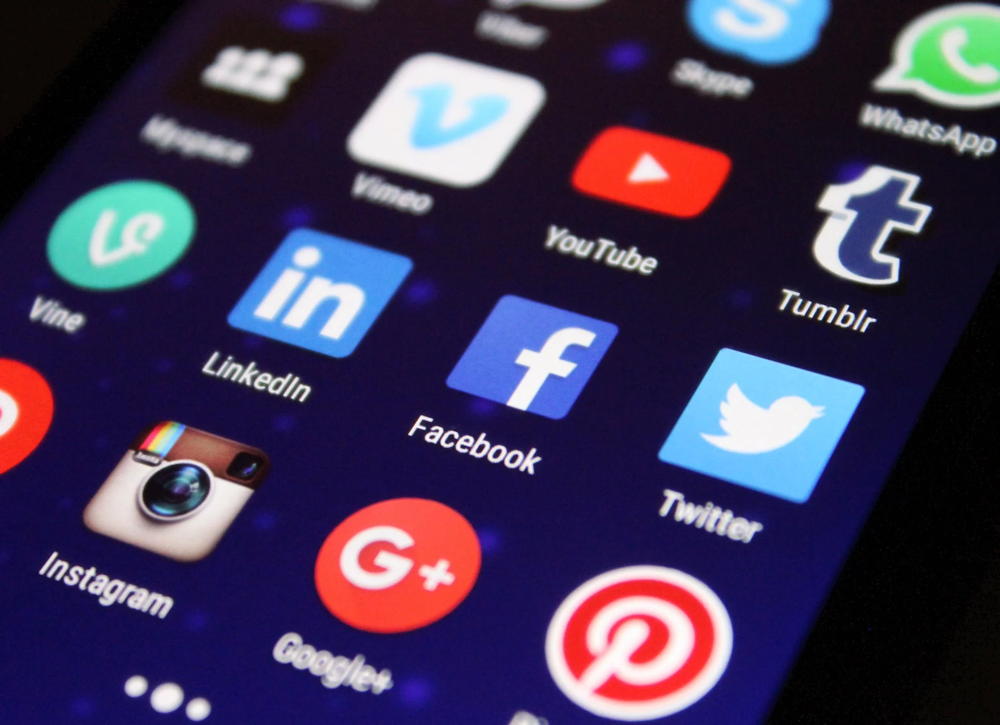Meta Platforms has officially announced that it will begin displaying advertisements in WhatsApp, a move that comes a full 11 years after acquiring the app—an acquisition originally met with resistance from its founders, who were staunch opposers of advertisements.
This **game-changing advertising program** will encompass several initiatives, including a feature that allows businesses to post clickable status messages. Users can engage with these messages to initiate chats, enhancing the way brands communicate with consumers.
These ads will appear within the app’s **Updates tab**, distinct from private conversations, offering a new dimension to user engagement.

Introducing Status Message Ads
The Status feature, where these ads will be visible, allows users to share photos, videos, and text that vanish after 24 hours—mirroring the popular Instagram Stories format.
**Privacy first:** Meta assures users that those who primarily use WhatsApp for messaging won’t encounter these ads. Furthermore, users’ messages, which remain securely encrypted, will not be utilized to personalize ads.
Ads will instead be tailored based on basic user information such as country, city, device, language, and interaction with other ads. Those who link their WhatsApp accounts to their Facebook or Instagram profiles can expect even more personalized advertising experiences.
Launched in June 2023, the Updates tab also introduced a Channels feature, allowing individuals and organizations to send bulk messages to followers, transforming the way users receive information.
Content creators operating channels will have the option to pay for increased visibility when searched within the directory—a tactic reminiscent of paid prioritization seen in app stores like Apple and Google.
Additionally, channel administrators will be able to charge users for exclusive content, with Meta eventually taking a **10 percent cut of these fees.**
Navigating Antitrust Waters
Amidst these new developments, Meta is grappling with ongoing antitrust challenges from the U.S. Federal Trade Commission, which questions the legality of its acquisitions of WhatsApp and Instagram, claiming these moves threaten competition.
As of April, Meta proudly announced that WhatsApp now boasts over **3 billion monthly users**, including more than 100 million in the United States. This immense user base presents a lucrative opportunity for advertisers.
Notably, the app’s co-founders, Jan Koum and Brian Acton, were famously opposed to the integration of ads and left Meta following disputes over this very issue. In 2018, Acton founded the non-profit Signal Foundation, which operates the ad-free Signal app, highlighting an ongoing commitment to user privacy.
What This Means for Users and Advertisers
The introduction of ads in WhatsApp marks a significant turn for both users and advertisers alike. Users can expect a new form of engagement, where brands can connect meaningfully without intruding into the personal messaging experience.
For advertisers, this opens up a dynamic platform rich with potential—a way to reach consumers directly where they are most engaged. However, the success of this initiative will largely depend on how well Meta maintains the balance between monetization and user privacy.
Conclusion
As Meta ventures into this new chapter with WhatsApp, it will undoubtedly be interesting to observe user reactions and the overall impact on the messaging landscape. Will ads enhance the user experience, or will they detract from what has made WhatsApp a favorite choice among users? Only time will tell.






